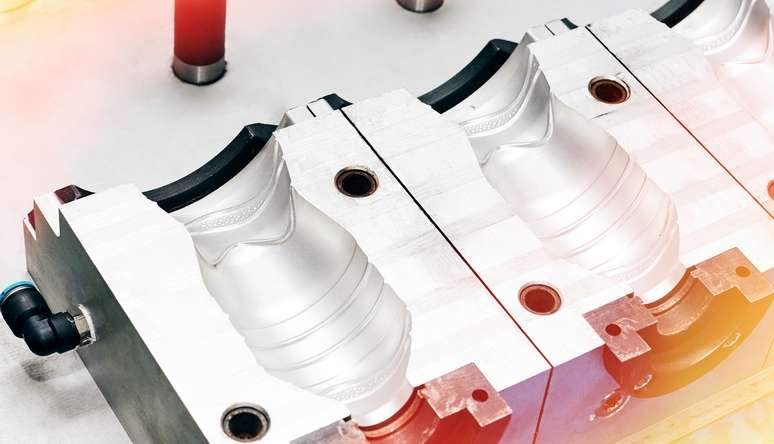Sustainable injection molding represents a pivotal shift towards greener practices, promising a cleaner future for industries reliant on plastic manufacturing. With environmental concerns escalating, the imperative to minimize ecological footprints has never been more pressing. Injection molding, a prevalent method for producing plastic components, holds significant potential for sustainability enhancements across its lifecycle. At the forefront of sustainable injection molding is the utilization of biodegradable and recycled materials. By substituting traditional petroleum-based plastics with bio plastics derived from renewable resources such as corn starch or sugarcane, manufacturers can mitigate dependence on fossil fuels and curb carbon emissions. Additionally, integrating recycled plastic resin into the production process not only diverts waste from landfills but also reduces energy consumption and raw material extraction, fostering a circular economy model. Optimizing energy efficiency constitutes another cornerstone of sustainable injection molding practices. Implementing advanced technologies like servo-electric motors and energy-efficient heating systems minimizes energy consumption during the molding process.

Furthermore, employing closed-loop cooling systems conserves water and reduces the overall environmental impact of manufacturing operations. By embracing energy-saving initiatives, manufacturers not only slash operational costs but also mitigate their carbon footprint, aligning with global sustainability objectives. Waste reduction strategies play a pivotal role in sustainable injection molding endeavors. Implementing lean manufacturing principles and process optimization techniques streamline production workflows, minimizing material wastage and enhancing overall efficiency. Additionally, employing innovative mold design methodologies such as conformal cooling and multi-cavity molds maximizes material utilization while maintaining product quality. Moreover, integrating regrind systems enables manufacturers to reprocess scrap material, further reducing waste generation and promoting resource conservation. Adopting eco-friendly alternatives to traditional mold release agents and cleaning solvents represents another crucial aspect of sustainable injection molding companies. Transitioning to water-based or solvent-free release agents eliminates harmful volatile organic compounds VOCs and reduces environmental pollution. Likewise, substituting hazardous chemical cleaners with environmentally friendly alternatives minimizes health risks to workers and diminishes ecological harm.
By prioritizing non-toxic solutions, mold manufacturing uphold their commitment to environmental stewardship and safeguard both human health and the planet. Investing in end-of-life solutions for plastic products underscores the holistic approach towards sustainability in injection molding. Implementing product designs that facilitate disassembly and recycling simplifies material recovery processes, fostering a closed-loop system. Furthermore, promoting consumer education and infrastructure development for plastic recycling enhances recycling rates and reduces plastic pollution in the environment. By championing extended producer responsibility EPR initiatives, manufacturers assume accountability for the entire lifecycle of their products, from production to disposal. In conclusion, sustainable injection molding embodies a paradigm shift towards eco-conscious manufacturing practices, heralding a cleaner and more sustainable future. Through the adoption of biodegradable materials, energy-efficient technologies, waste reduction strategies, and eco-friendly alternatives, manufacturers can minimize their environmental impact while maintaining operational efficiency. By embracing sustainability as a guiding principle, the injection molding industry can pave the way for a circular economy where resource conservation, environmental preservation, and economic prosperity coalesce harmoniously.